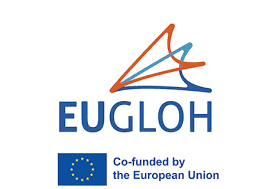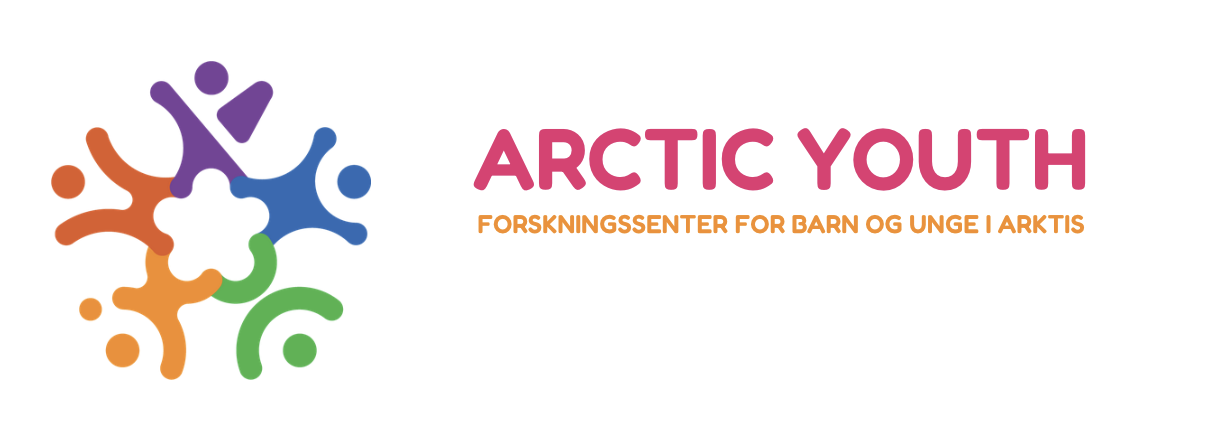All plenary sessions on Monday, Tuesday and Wednesday are open to the public!
***On Thursday April 10, there will be Book Launch related to Arctic Youth. The event will start at 18:00 at Verdensteatret, and the program will be in English.***
UiT The Arctic University of Norway invites students and staff to a challenge-based co-creation week. The Arctic Research Center for Children and Youth at Risk (Arctic Youth) at UiT will host and lead the workshop. Through collaborative research, Arctic Youth aims to investigate the empowerment and strengthening of participation for vulnerable children and young people, in particular in the arctic. In the workshop, participants, members from Arctic Youth and non-university stakeholders will work together in co-creative teams to tackle challenges related to the center’s research activities.
Host: UiT
Target groups: Academic Staff; Administrative Staff; Master students; PhD students; Post-docs; Researcher
Location: Tromsø, Norway
Methodology: Challenge based learning
Recognition: Certificate of participation
Language: English
Number of participants: 36
Selection criteria: Qualitative assessment
Deadline for registration: February 3rd 2025 25:59 CET
The workshop is open to master students, PhD candidates, early career researchers, postdoctoral fellows, faculty staff and other staff working on issues in co-creation and knowledge exchange.
In the workshop, lectures will highlight central methodological and theoretical aspects of collaborative research: Designing projects, critical perspectives, and reflections and ethics. The lectures are combined with challenge-based sessions in multidisciplinary workgroups, consisting of EUGLOH participants, members of Arctic Youth, user organizations, external stakeholders and Nordic partners.
The themes of the challenges are:
- Supporting youth in their local communities through inter-agency and interdisciplinary approaches in welfare services – How can it be facilitated?
- Empowering School Collaboration. Safe and brave spaces to promote mattering.
- Professional practices and research promoting youth wellbeing in Sápmi.
- Using creative methods in a group setting
- How can we enhance youth participation and inclusion in social development?
- Innovative Digital Learning. What can digital innovation look like in interdisciplinary projects?
Click the titles for a description of each challenge.
To be eligible, applicants must clearly state two – and only two – challenges from the above in the motivation letter. The selected challenges should not be ranked or prioritized. The motivation letter should be no longer than one page.
Applicants will be selected, and allocated to one of the challenges, based on 1) professional motivation and expected benefit, 2) compatibility of expertise and competence with the selected challenge, and 3) balance of gender, seniority, scientific and professional background and home institutions in each work group. The applicants will be evaluated by the organizing committee based on their CV, the motivational letter, and the expected benefit statement from their application.
Plenary sessions and group presentations will be recorded. The basis for data management is Legitimate Interest (GDPR 6-(1)-f, assessed 20.12.2024)
In accordance with the principles of open innovation, all ideas, concepts, and solutions generated during this activity are considered non-proprietary and are freely accessible for use, development, and exploitation by all participants and the wider community. Any materials to be presented as the result of the challenge will be licensed under the Creative Commons Attribution 4.0 International License (CC-BY 4.0).


Ends: 11.04.25 kl 13.00
Registration
